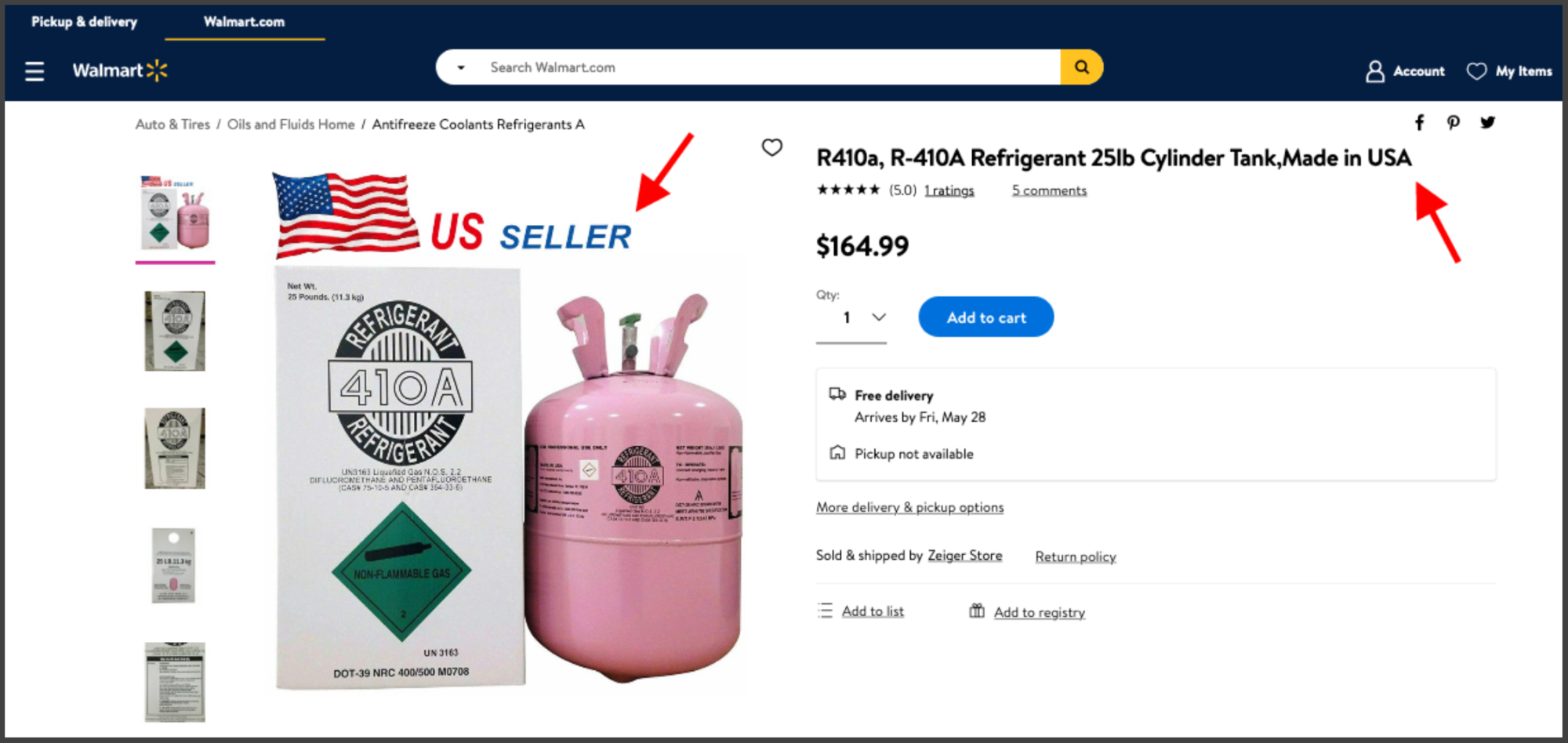
Best Reader Tips of 2021
This year reader tips led to dozens of ad alerts, as well as a complaint to regulators.
Utah couple gets help in fight against non-disparagement clause.
|
A Utah couple slapped with a $3,500 penalty for posting a negative review of an online company is getting help from a consumer watchdog group focused on fighting a troubling trend.
Public Citizen, a DC-based consumer advocacy group, has sent a letter to Kleargear.com, which notified John and Jen Palmer that because Jen posted a negative online review of the company on ripoffreport.com after the couple didn’t receive gifts John had ordered, they would be charged $3,500. When the couple refused to pay, Kleargear reported that debt on John’s credit reports. The couple said they were unable to get loans since that unpaid “debt’ appeared on the reports. Public Citizen has notified KlearGlear.com that if it doesn’t remove the credit ding, pay the couple $75,000 in compensation for their ordeal and agree to stop using non-disparagement clauses it will file suit. Said Public Citizen:
KlearGear’s conduct is part of a troubling trend of businesses trying to deter negative reviews by muzzling their customers.
Scott Michelman, staff attorney for Public Citizen, told TINA.org that non-disparagement clauses are cropping up in different forms. The advocacy group is defending a man who posted a complaint about a New York dentist on Yelp and other review sites and then received invoices demanding payment of $100 for each day the complaints remained online. The dentist also sent a notice to the sites saying the posts violated her copyright. The dentist, Stacy Makhnevich of Aster Dental, had included an agreement in the forms given to patients not criticize the dentist publicly and assign the dentist the copyright to anything the patient writes about the dentist. Public Citizen said:
The Agreement falsely recites that the privacy provisions of the Health Insurance Portability and Accountability Act (“HIPAA”) contain “loopholes” that could allow dentists to permit third parties to perform marketing through the use of protected health information without the information ever being in the possession of those third parties. Defendants stated in the Agreement that they would promise not to use any such loopholes in return for plaintiff agreeing…to refrain from . . . publishing or airing commentary upon Dentist and his practice.’’
In another case reported by media, some vacation rental companies were charging travelers who posted a negative review about where they stayed on vacation a penalty.
Michelman said in an interview with TINA.org that these types of non-disparagement agreements face several court challenges including whether they violate the First Amendment and whether they are unreasonable and one-sided. (Note: KlearGear didn’t have the non-disparagement clause in its policies until after John Palmer bought the merchandise, so that is an issue in and of itself in that case.)
While some non-disparagement agreements do meet court muster because a party is aware of the clause and agrees to it during a negotiation for a job or a court settlement, the clauses consumers are facing differ in several respects, say attorneys. First, most consumers don’t read through all the policies of each and every company they are making a purchase from so the clauses are hidden. And, if they readily saw the clauses they likely wouldn’t agree to still buy a product if they knew they had to waive their free-speech rights or pay thousands of dollars if they post a negative online review.
In April 2014, a key California Assembly committee passed a bill that would prohibit companies from suppressing negative consumer reviews. Under the bill, the use of non-disparagement clauses would be unlawful unless the consumer knowingly and voluntarily waived his or her right to voice a negative opinion about the company.
Attempts to reach KlearGear.com were unsuccessful because its media relations line is not in service and its customer care line is constantly busy. TINA.org also reached out to the National Retail Federation for comment. Check back here for further updates to this story.
This story was updated on 5/1/2014
This year reader tips led to dozens of ad alerts, as well as a complaint to regulators.
When it comes to made in the USA claims on Walmart’s website, there’s a lot of hot air.
The pandemic has also triggered lawsuits over privacy issues with some video conferencing apps, and more.


